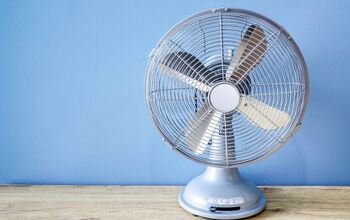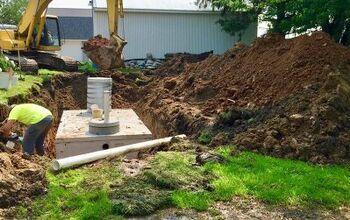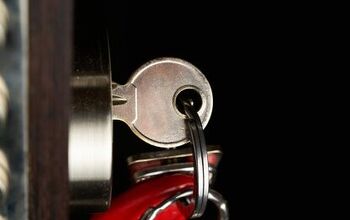Can You Put Epsom Salt In A Jacuzzi Tub? (Find Out Now!)

Nothing is better than coming home from a hard day at work and slipping into a tub full of hot water for a long soak. It is even better if your tub has jacuzzi jets to massage those sore muscles and relieve the tension. Many people wonder about adding Epsom salt to their jacuzzi tub to enhance the muscle-soothing action of the hot water jets.
Most pool and plumbing experts warn against putting Epsom salts into your jacuzzi tub. Epsom salts can raise the acidity of the water in your tub. These high acidic levels can damage the pump, seals, and other jacuzzi tub parts. Never put Epsom salts in any jacuzzi tub or hot tub to avoid expensive repairs.
Most jetted tub manufacturers make this recommendation, as do the hot tub manufacturers. There are other reasons to avoid adding Epsom salt to any jacuzzi or hot tub. You should never add anything to your jacuzzi or hot tub water other than what is recommended by the manufacturer.
What is Epsom Salt?
Many people use Epsom salt regularly without understanding what they are using. Epsom salt, or magnesium sulfate, is a chemical compound of magnesium and sulfur. Epsom salt is sold in bags as a white crystalline powder for home and personal use.
Many people believe that soaking in hot water with Epsom salts dissolved in the water has many health and curative benefits. These range from detoxifying to relieving muscle soreness. Most people attribute these curative effects to magnesium.
When used as an additive to a hot water bath, Epsom salts are safe. However, a few reports of people suffering skin irritation if the concentration of Epsom salts in the water is too high. Epsom salt should never be added to jacuzzi tubs or hot tubs. The acidic nature of magnesium sulfate can damage the system’s mechanical parts.
Epsom Salt Can Damage Your Jacuzzi Tub or Hot Tub
Epsom salt, otherwise known as magnesium sulfate, does several things to the water in your jacuzzi tub or hot tub. These changes to the water chemistry can damage the inner workings of your jacuzzi tub or hot tub. The extra dissolved solids in the water can increase the maintenance necessary to keep your jacuzzi tub or hot tub running efficiently.
pH Levels
Adding Epsom salt to the water in your jacuzzi tub or hot tub lowers the pH of the water. Acidity is measured in pH, where 7 is considered a neutral level. Any number above 7 is considered alkaline, and any number below 7 is considered acidic.
For example, the pH of vinegar is usually about 2.5. This indicates that vinegar is significantly acidic. Adding Epsom salt to your jacuzzi tub or hot tub can lower the pH levels to 6.5 or below. These low pH numbers can spell trouble for many parts of a jacuzzi or hot tub.
Metal parts in the pump system corrode more readily in the low pH water. Some plastic seals and -rings may also deteriorate. The acidic level of the water with Epsom salt may also cause plastic pipes to weaken or become brittle.
Dissolved Solids
Adding anything that dissolves in the water in your jacuzzi tub or hot tub increases what are known as dissolved solids. Anything in the water other than the H2O molecules is technically dissolved solids. Adding Epsom salts to your jacuzzi or hot tub increases the number of things in the water.
There are several problems with having a high level of dissolved solids in your jacuzzi or hot tub. All of these can contribute to higher operating costs, more maintenance time, and wear and tear on your pump and other systems.
- Nothing ever completely dissolves in the water. Undissolved Epsom salt increases the workload on your jacuzzi pump and filters. Therefore, you must clean or replace the filters more often, increasing operating costs. If the pump has to work harder to move the water, it will use more electricity.
- High dissolved solids in your jacuzzi or hot tub can cause more scaling and buildup of minerals inside the pipes and on the outlets. This can lead to scale on the jets and pipes that can eventually lead to clogs. This increases the workload on the pump and decreases the effectiveness of your jacuzzi tub.
- Epsom salts can lower the pH level in your jacuzzi or hot tub. This more acidic water can corrode metal parts, weaken plastic parts, or cause PVC pipes to become brittle over time.
All of these issues with dissolved solids translate into more costs to operate your jacuzzi tub. More maintenance is required, and you will probably experience more repair costs in the long run.
Chemical Reactions and Interactions
The tap water coming into your home probably has several other chemicals added. Most municipal water systems use chlorine or bromine-based products to disinfect the water system and prevent bacteria growth. In some areas, fluoride is routinely added to municipal water systems.
Many people also add chlorine or bromine-based spa conditioners to the water in their hot tubs to ensure safe operation. In some cases, adding Epsom salt to a hot tub with high chlorine or bromine levels can result in a chemical reaction. This chemical reaction can cause flash burns in the worst cases.
To avoid possible bad reactions, you should be wary of mixing Epsom salts with any other chemicals in your jacuzzi or hot tub. Always use plain water if you intend to mix Epsom salts in your bathtub.
Follow the Recommendations of your Jacuzzi Tub Manufacturer
In the end, it is always better to follow the recommendations from the manufacturer of your jacuzzi or hot tub. This is especially important if the jacuzzi or hot tub is new. Failing to follow the manufacturer’s instructions could void your warranty and leave you responsible for any repair costs.
Epsom Salt – Not for your Jacuzzi Tub
Find a regular bathtub if you want to enjoy a long soak in a hot Epsom salt bath. Adding Epsom salt to your jacuzzi tub or hot tub is probably not a good idea. You may damage the pump and plumbing of the jacuzzi tub. Avoid the possibility of problems and repairs by keeping the Epsom salt where it belongs, in a regular bathtub with plain water.
Related Guide

Dennis is a retired firefighter with an extensive background in construction, home improvement, and remodeling. He worked in the trades part-time while serving as an active firefighter. On his retirement, he started a remodeling and home repair business, which he ran for several years.
More by Dennis Howard



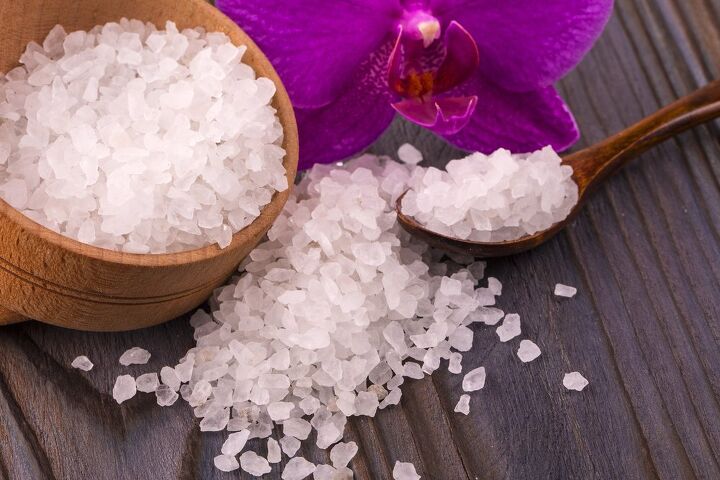








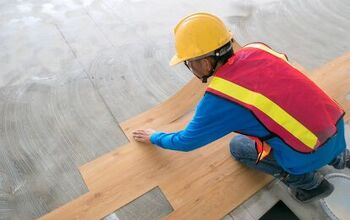


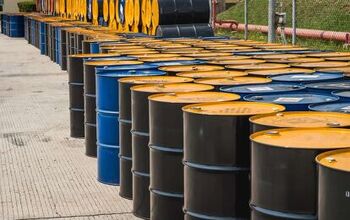

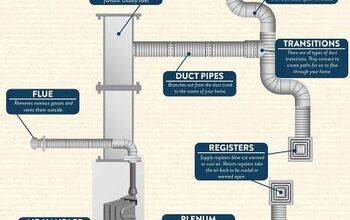

![12 Washing Machine Brands to Avoid [with Recall Data]](https://cdn-fastly.upgradedhome.com/media/2023/07/31/9075781/12-washing-machine-brands-to-avoid-with-recall-data.jpg?size=350x220)
![Cost To Drill A Well [Pricing Per Foot & Cost By State]](https://cdn-fastly.upgradedhome.com/media/2023/07/31/9074980/cost-to-drill-a-well-pricing-per-foot-cost-by-state.jpg?size=350x220)

